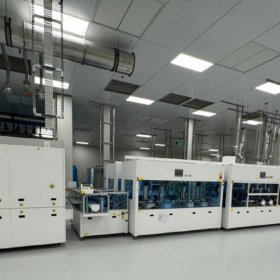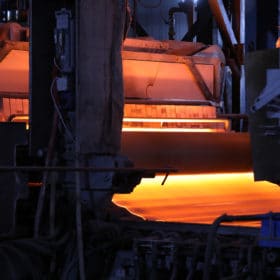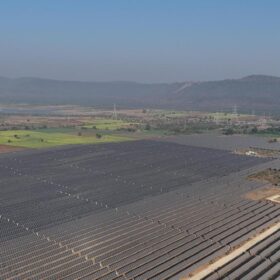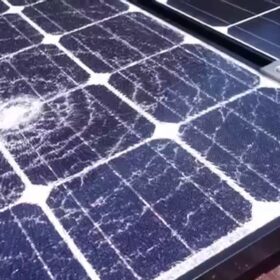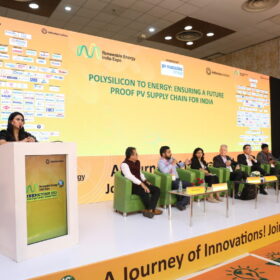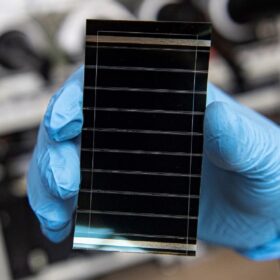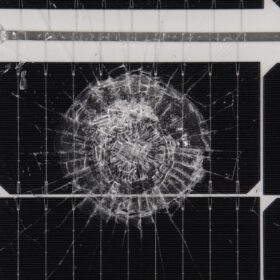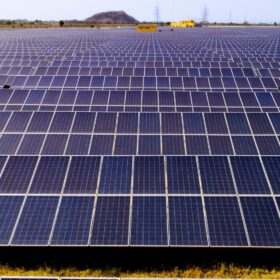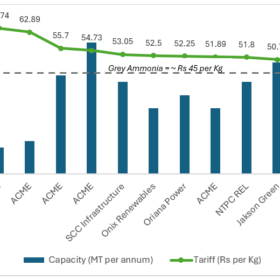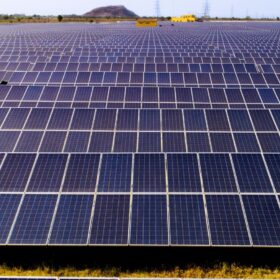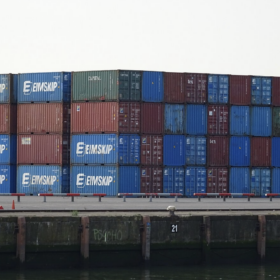Reliance to begin solar cell production in Q3
Reliance Industries Ltd (RIL) is set to commission its solar cell manufacturing facility in the next quarter, achieving a significant milestone in its goal of building a fully integrated solar manufacturing value chain in Jamnagar, Gujarat.
Borosil Renewables’ German arm files for insolvency
Borosil Renewables announced that its German arm, GMB Glasmanufaktur Brandenburg GmbH, has filed for insolvency amid prolonged challenges in the European solar manufacturing sector.
BC Jindal Group announces INR 15,000-crore investment in solar and battery manufacturing
The BC Jindal Group has unveiled plans to invest INR 15,000 crore by 2030 to establish multigigawatt-scale manufacturing capacities for solar cells and modules, battery cells and packs, and solar glass.
Borosil Renewables posts INR 8.64 crore net loss in Q3
The solar glass manufacturer said all of its major export markets are showing lower demand due to low level of local manufacturing as cheap modules imported from China dominate the installations.
2024 solar snapshot and the road ahead
A snapshot of the milestones reached in Indian solar manufacturing and power project installations, anticipations, and more…
India 2024-25 budget: A strategic and holistic focus on energy sector
India’s 2024-25 budget reflects a strategic and holistic approach to the energy sector, emphasising sustainability, innovation, and energy security. By promoting pumped storage, advancing nuclear technology, transitioning to emission targets, and supporting renewable energy and energy efficiency, the budget lays a strong foundation for a sustainable and resilient energy future
Spontaneous glass breakage on solar panels on the rise
The National Renewable Energy Laboratory noted an increase in spontaneous glass breakage in solar panels. The PV Module Index from the Renewable Energy Test Center investigates this and other glass-related trends in solar manufacturing.
Novel hydrophobic, antireflective coating for solar glass
Slovakian scientists have developed a novel hydrophobic, antireflective coating for solar glass with a silica-titania thin film as the bottom layer and an inorganic-organic upper layer made of silica modified with triethoxy(octyl)silane. This new coating increases glass transmittance by 7% compared to uncoated glass.
U.S. startup to produce perovskite glass for tandem modules
Caelux secured series A funding to deploy perovskite glass that can be integrated with existing solar manufacturing processes to boost module efficiency.
Hail-prone areas may require solar modules with 4 mm-thick front glass
New research from India claims solar modules with 3.2 mm-thick front glass may not be strong enough to withstand storms producing big hailstones. The scientists found that a front glass of at least 4 mm should be used to avoid significant damage.
